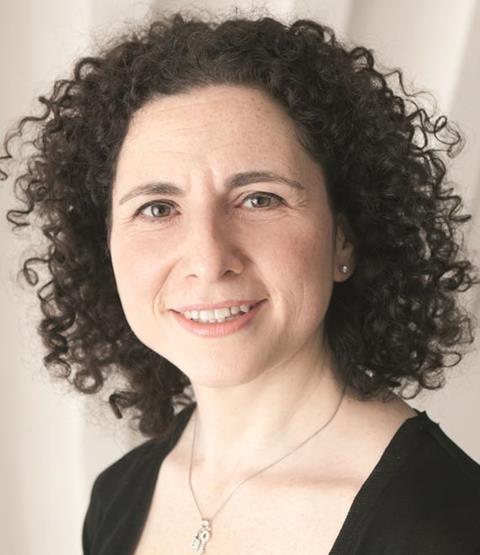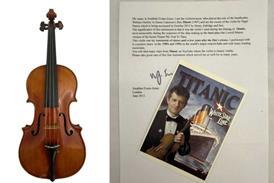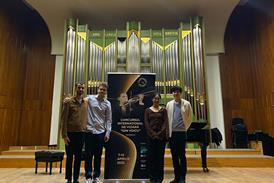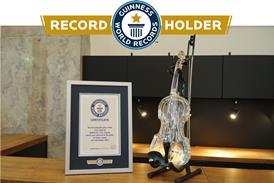
Everyone loves a good conspiracy theory and violin makers more than most - especially one involving Stradivari. The story of the ‘Messiah’ violin is one of the best.
The widely accepted version is that the 1716 instrument was one of those sold by Stradivari’s sons to Count Cozio di Salabue after Stradivari's death, subsequently passing through the hands of Italian dealer Luigi Tarisio and maker Jean-Baptiste Vuillaume.
The violin eventually ended up with the Hill family, who donated it to the nation under the proviso that it wouldn’t be played, and it is now on view at Oxford’s Ashmolean Museum. As a result, the instrument is virtually pristine, as fresh as the day it was born. To the untrained eye it could even be a cheap Chinese instrument.
There are those who think that the instrument was actually made by Vuillaume; or that the violin in the Ashmolean is not the one owned by Tarisio; or that the instrument sold by his son Paolo wasn’t his father’s in the first place.
The controversy has recently been reignited by two Italian researchers who claim the date of the wood to be 1844, backing one of the theories that the instrument was made by Vuillaume.
Why are we so fascinated by this story? I wonder if it’s because the issue raises so many questions about knowledge itself, the fundamental one being whether we can ever truly be certain about any attribution. The alarming ramification of which is that any valuation is insubstantial.
What would it take for us to know conclusively that Stradivari made the ‘Messiah’? Imagine we had some sort of photographic image that someone had taken as he worked on the violin, or we found someone surviving from 1716 who had been in Stradivari’s studio and seen him working on it and remembered the instrument precisely. Even then, how do we know that along the line someone hasn’t replaced it with a perfect copy.
Science comes along with its dendrochronological analysis and we think we can prove something. But as we know from previous scientific revolutions, any theory is only true until it’s proved false, so what certainty does that offer us? Set that against experts such as Charles Beare and John Dilworth, who have no doubt that the instrument is by Stradivari, based on memories and experience and infinite unconscious calculations.
Where does that leave us? Maybe it’s a Strad. Maybe his sons made most of it. Maybe it’s a Vuillaume. Maybe we will never know. And maybe, just like in the Wizard of Oz, the process of searching and trying to find certainty is more important than the certainty itself.
Do you think we should just accept that it’s a Stradivari and get on with it, or should we open the discussions up again? Add your comment below.
































No comments yet